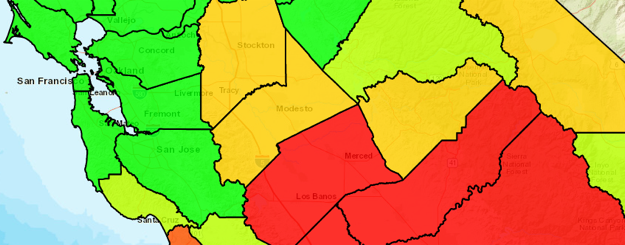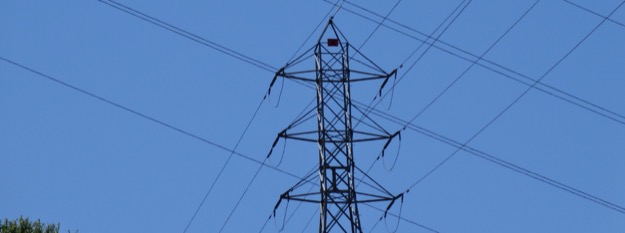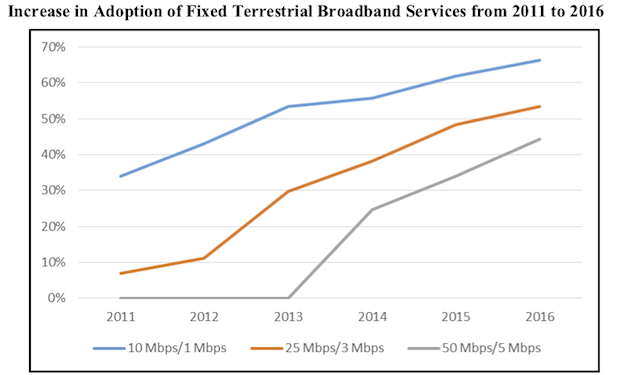CPUC considers giving broadband subsidy priority to low income areas

One-third or more of broadband infrastructure subsidies would go to low income areas, if the California Public Utilities Commission adopts new rules proposed by staff for the California Advanced Services Fund (CASF). Although the draft rewrite published on Wednesday by commissioner Martha Guzman Aceves is just the starting point for a debate that won’t be resolved until the end of the year, it is consistent with comments that she and other commissioners have made on many occasions.… More

![By U.S. Navy photo by Mass Communication Specialist 3rd Class Frankie J. Colbry [Public domain], via Wikimedia Commons](https://www.tellusventure.com/blog/images/2014/12/money_625.jpg)
![By Steve Jurvetson from Menlo Park, USA (The Donald & Mark Wahlberg) [CC BY 2.0 (http://creativecommons.org/licenses/by/2.0)], via Wikimedia Commons](https://www.tellusventure.com/images/2018/1/trump_att.jpg)




![User:moose6589|Richard Wang] took this photo and has released it under the GFDL.](https://www.tellusventure.com/images/2018/2/bison_on_road.jpg)
![By Joe Shlabotnik from Forest Hills, Queens, USA (The Donald Trump) [CC BY 2.0 (http://creativecommons.org/licenses/by/2.0)], via Wikimedia Commons](https://www.tellusventure.com/images/2018/2/trump_from_behind.jpg)
